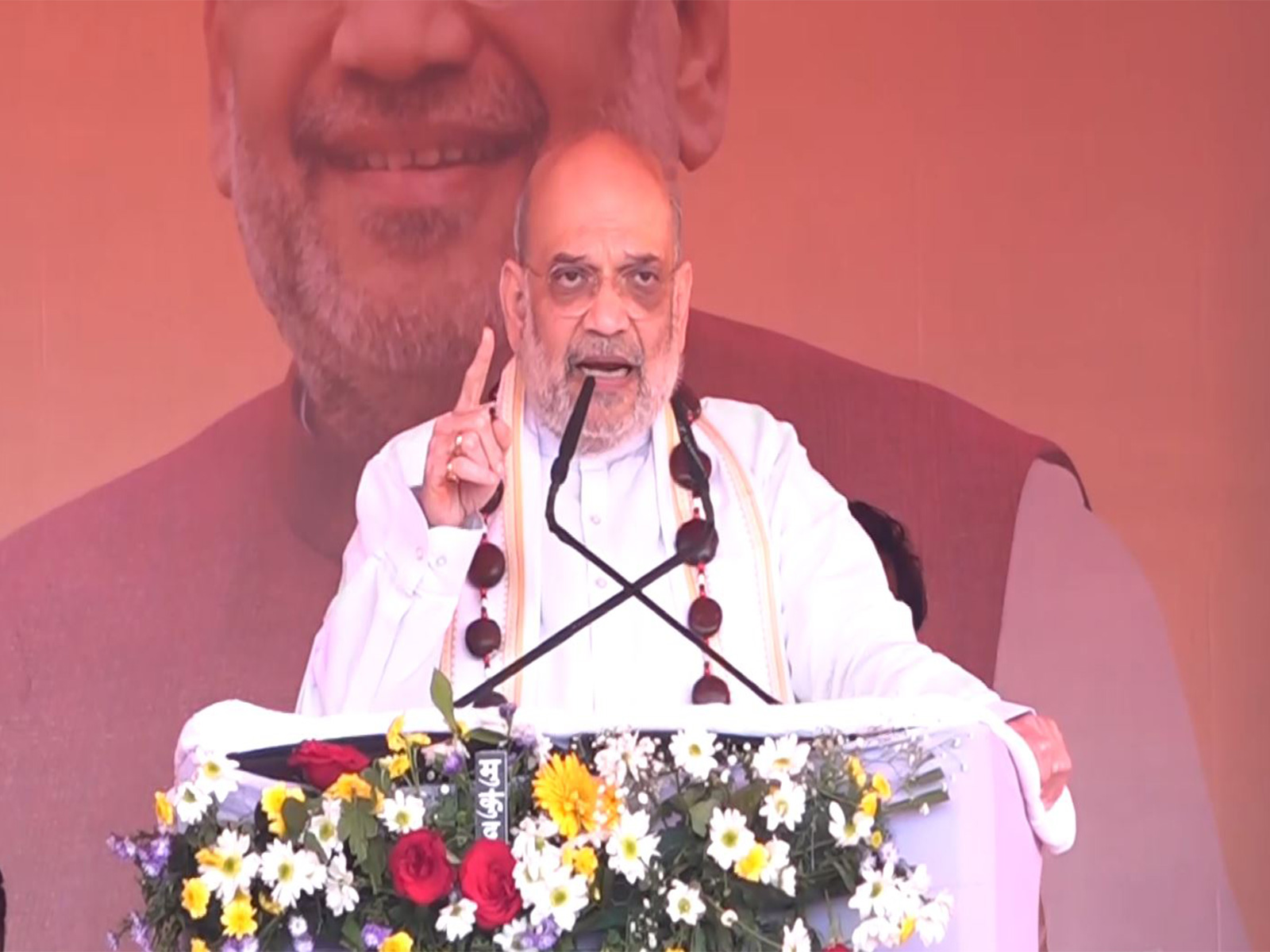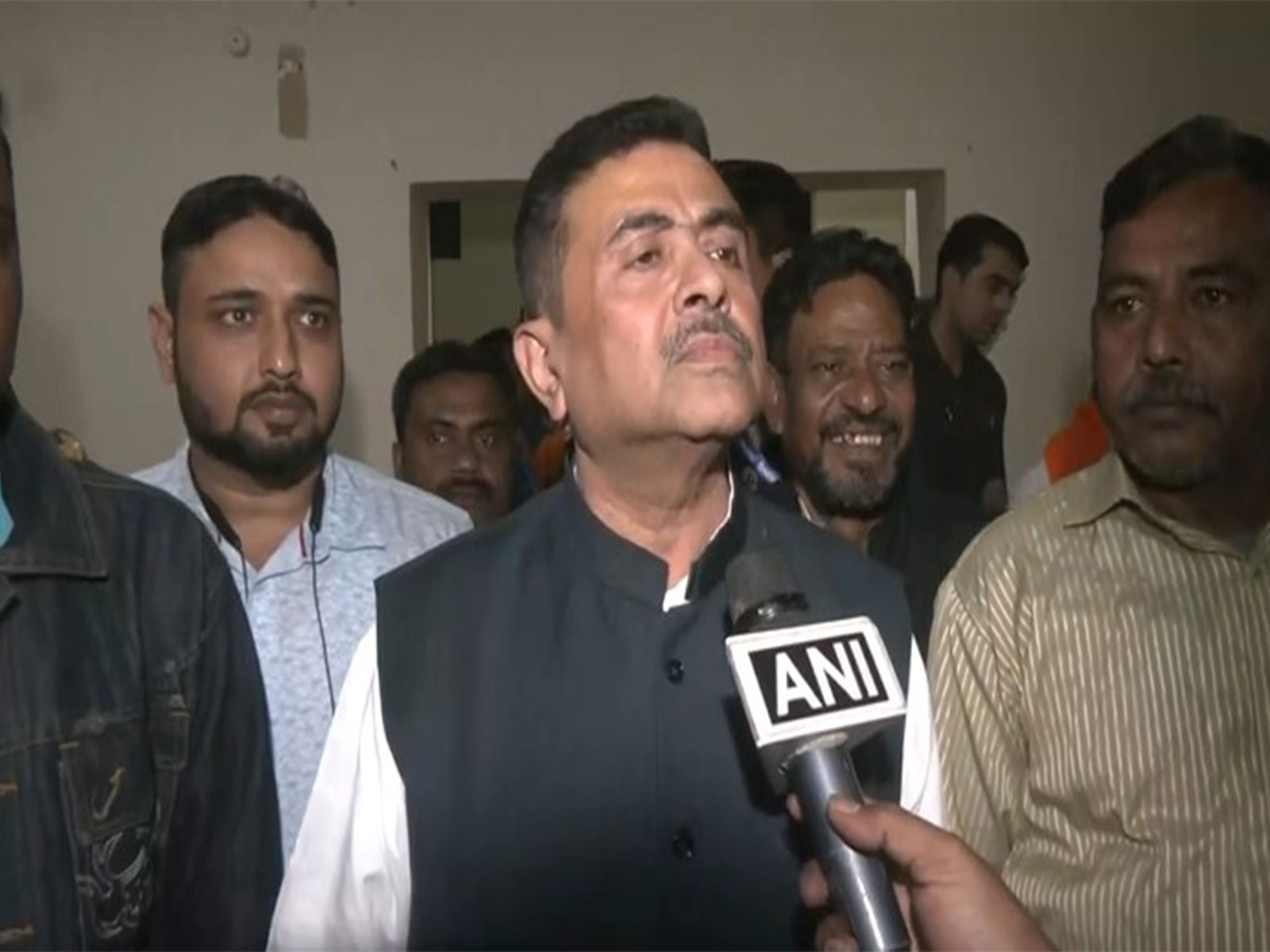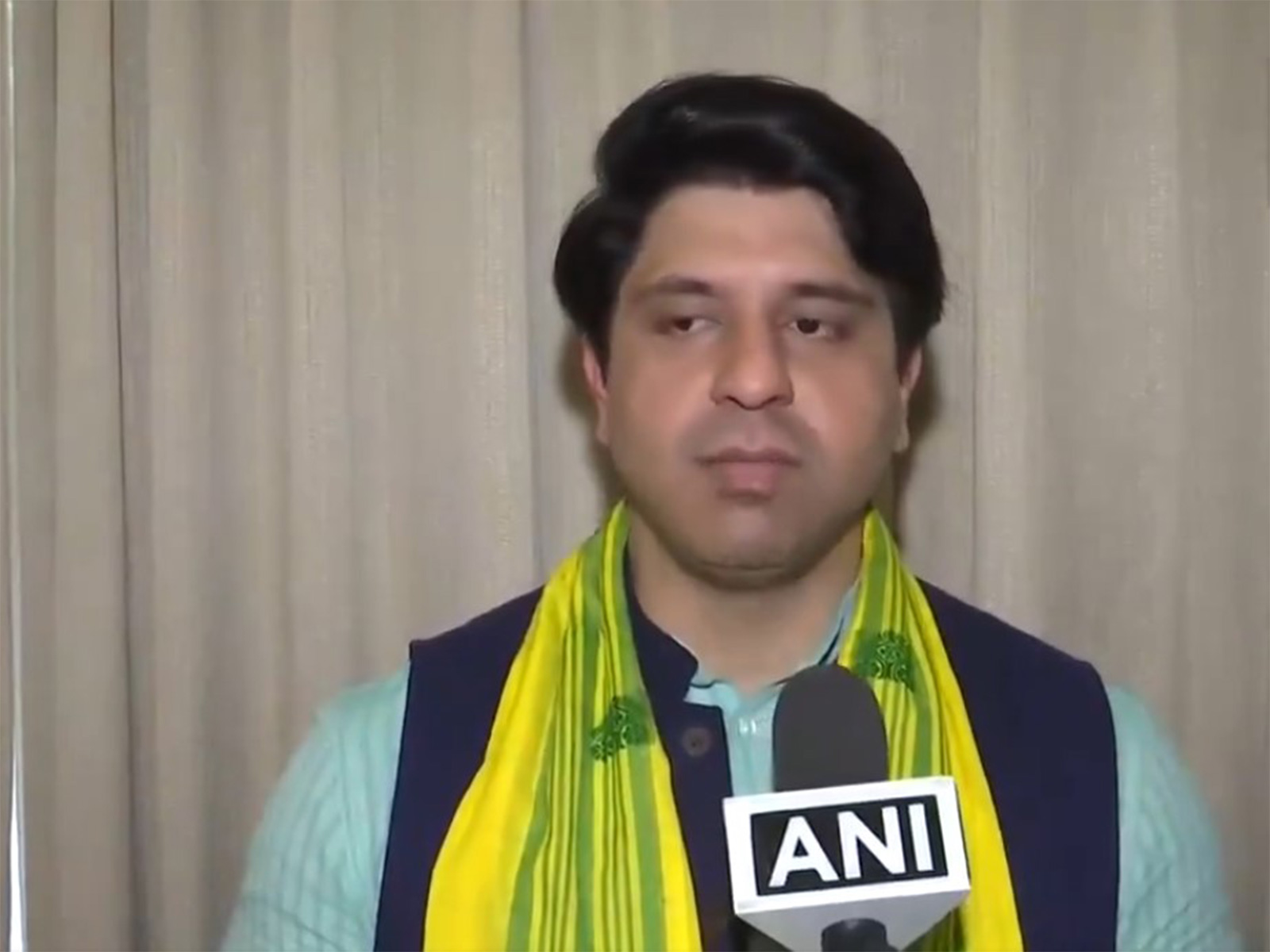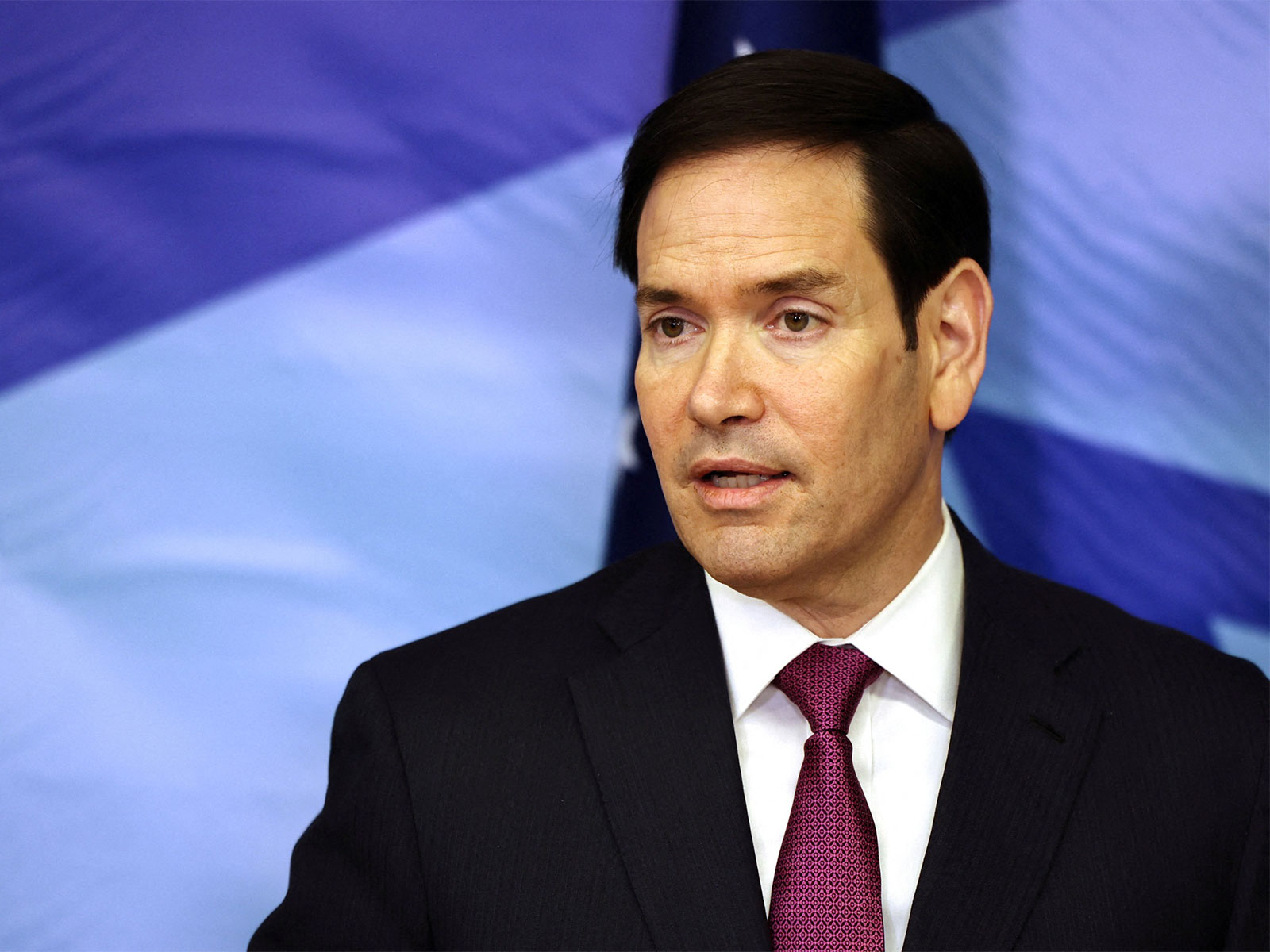7-judge Constitution Bench to deliver judgement on validity of sub-classification of reserved classes tomorrow
Jul 31, 2024

New Delhi [India], July 31 : The Supreme Court 7-judge Constitution Bench will deliver an order on Thursday on the issues relating to the validity of sub-classifications among reserved categories like Scheduled Tribes and Scheduled Castes.
A seven-judge bench led by Chief Justice of India DY Chandrachud reserved the order after hearing the concerned parties.
Beside CJI Chandrachud, other judges on the bench were Justices BR Gavai, Vikram Nath, Bela M Trivedi, Pankaj Mithal, Manoj Misra, and Satish Chandra Sharma.
The top court during the hearing also remarked that whether the children of advantage group from SC and ST should continue availing of reservations. The top court also deliberated upon the notion of homogeneity of class.
The Central Government has submitted before the Supreme Court that it is in favour of doing sub-classifications among Scheduled Tribes and Scheduled Castes.
The Supreme Court was dealing with the constitutional validity of Section 4(5) of the Punjab Act, which depends upon whether any such classification can be made within the class of Scheduled Castes or Scheduled Tribes or whether they are to be treated as a homogenous class.
The top court was also dealing with whether it is permissible to provide any further reservation to the weakest of the weak, particularly when it has not been possible to trickle down the benefit of reservation to the weakest.
Moreover, the same is utilised by the group that are economically sound. They enjoy the benefit of reservation to the maximum, creating disparities within their class.
The Punjab Government had stipulated that fifty percent of the vacancies of the quota reserved for Scheduled Castes in direct recruitment shall be offered to Balmikis and Mazhabi Sikhs, subject to their availability, by providing first preference from amongst the Scheduled Castes candidates.
On March 29, 2010, the Punjab and Haryana High Court struck down the provisions, relying on the decision in EV Chinnaiah.
The appeal was filed in the top court against High Court judgement. In August 2020, the top five judge bench referred the matter to a larger bench.

















